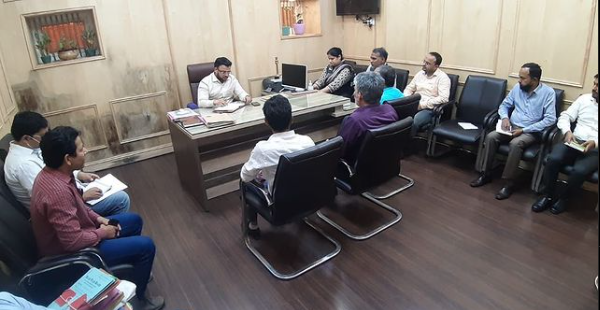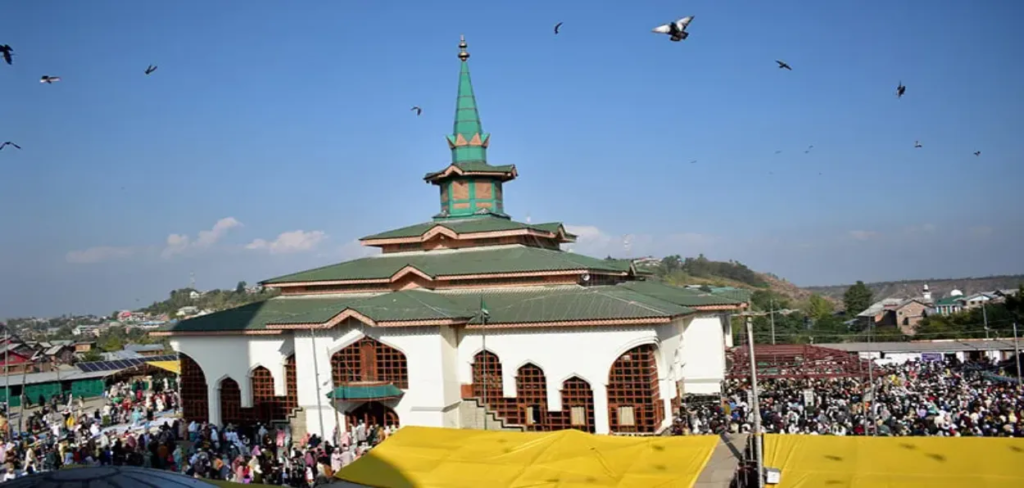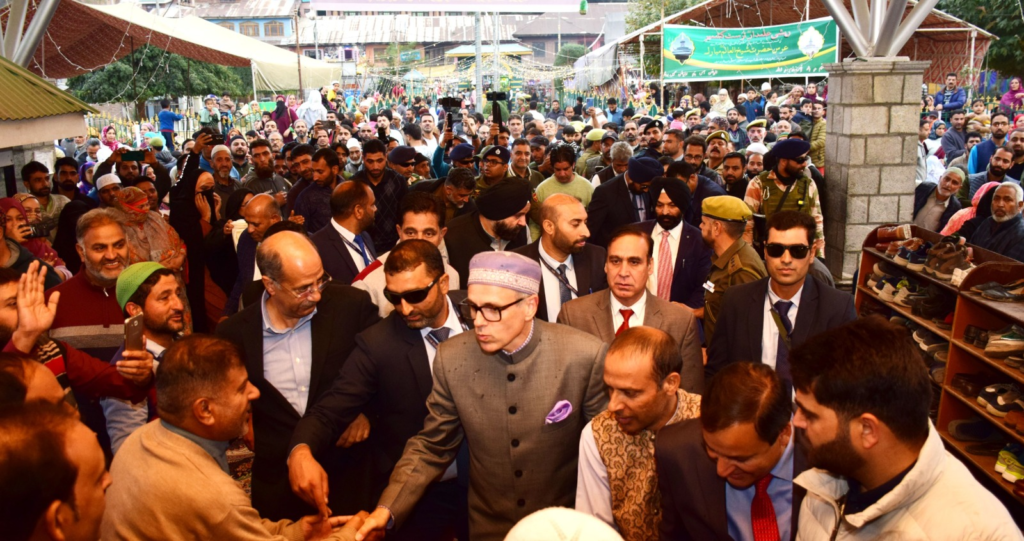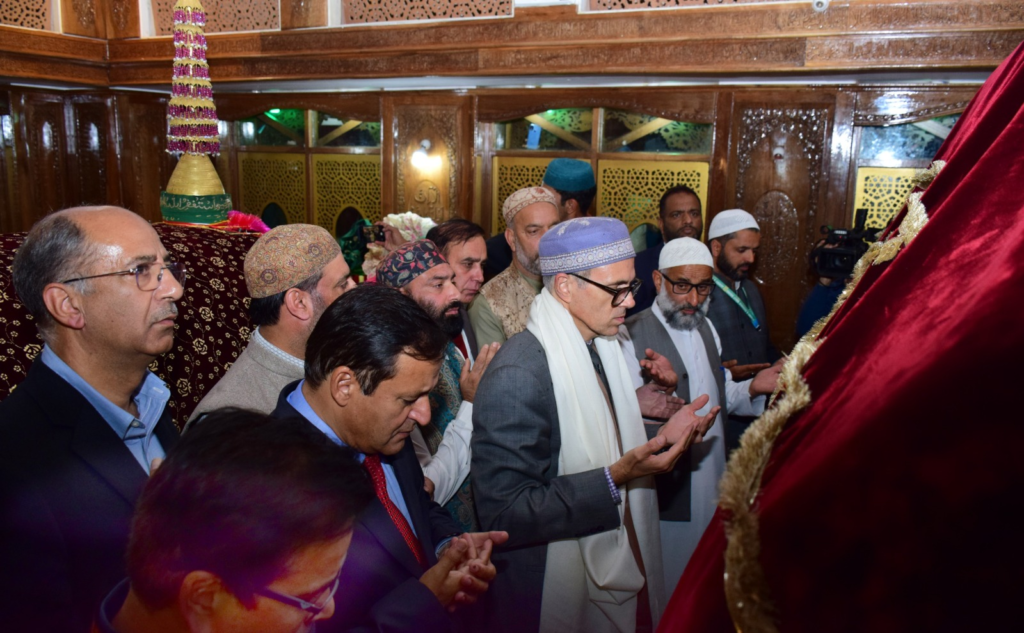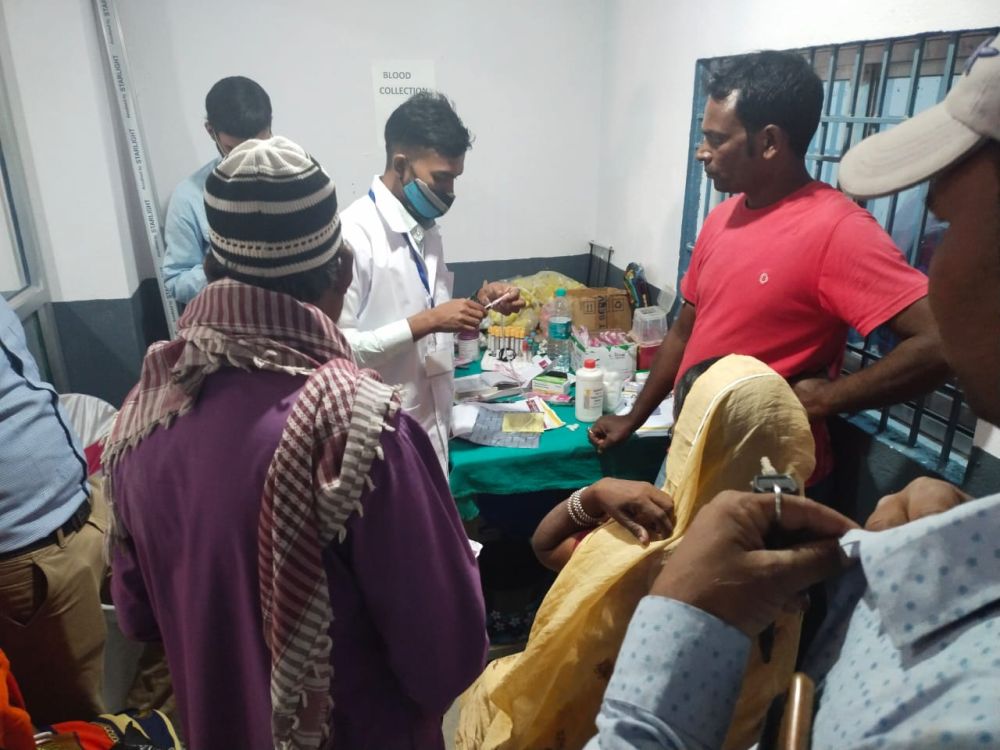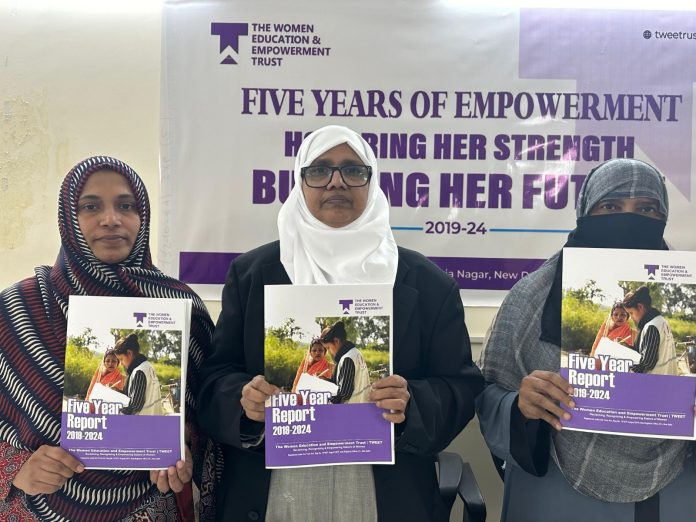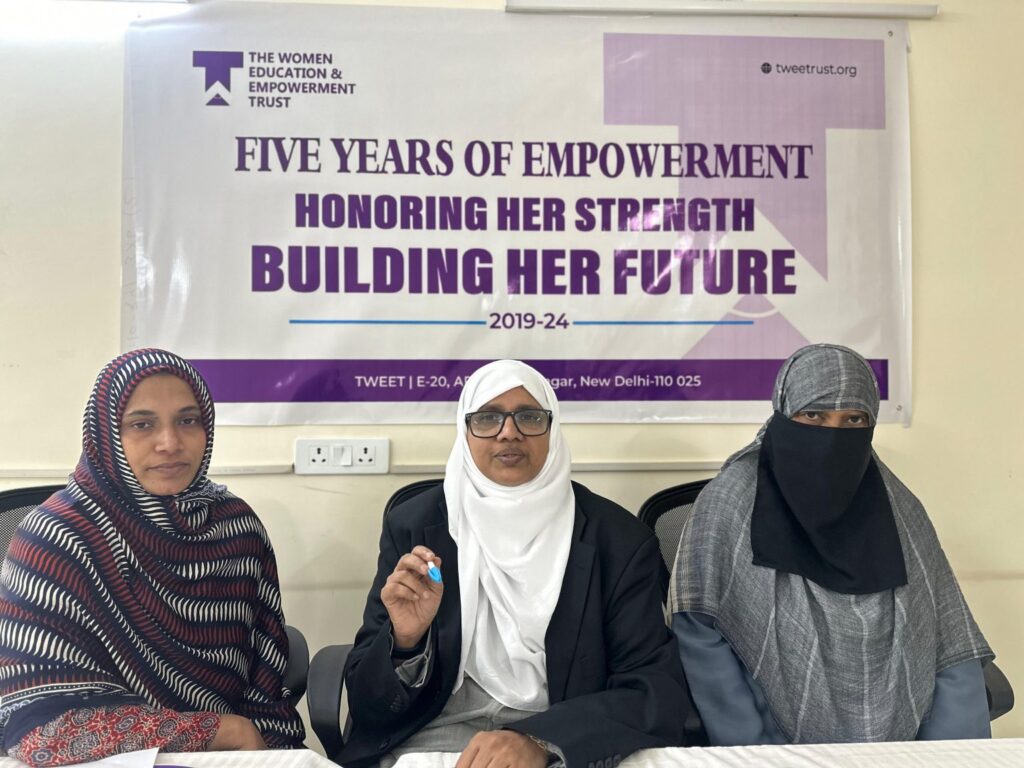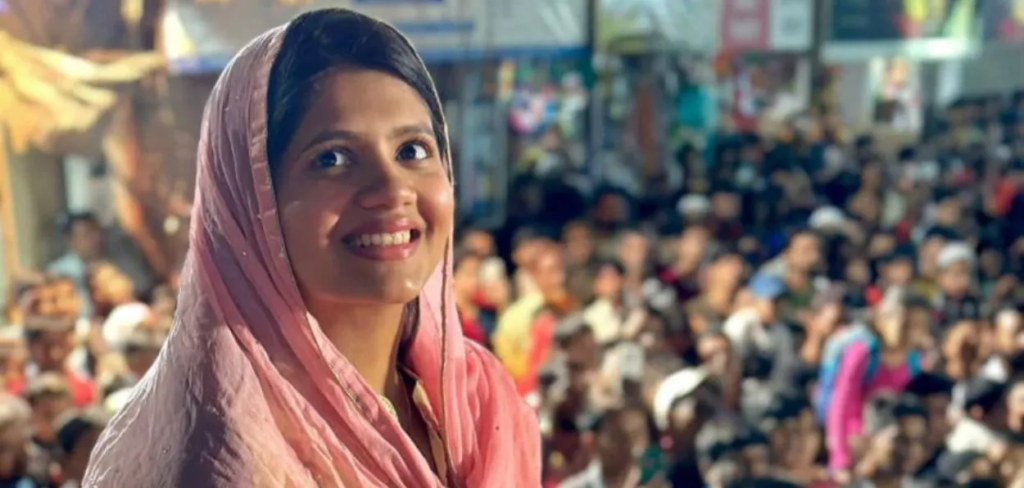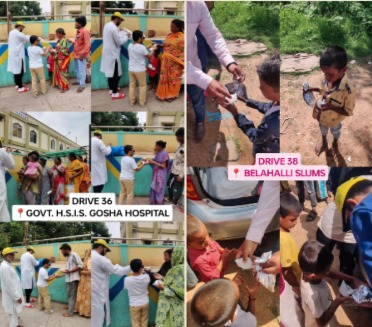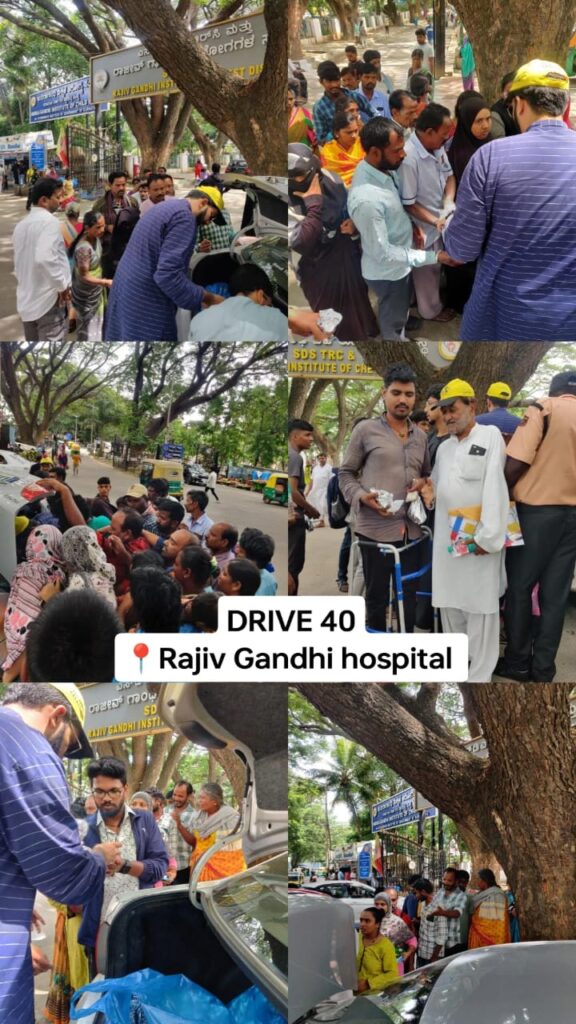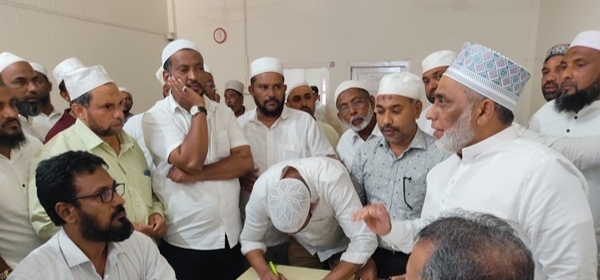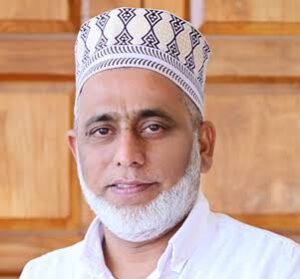Bidar, KARNATAKA / Riyadh, SAUDI ARABIA :
The Indian group intends to expand further in Saudi Arabia, with schools and other educational institutions, into cities like Jeddah, Al Khobar, and Madinah.

(Photo: Shaheen Group)
Jeddah:
Following the footsteps of leading educational institutions from Europe and the United States, India’s Shaheen Group is now preparing to enter the Saudi market. Saudi Arabia’s ambition to become a global education hub, aligned with Crown Prince Mohammed Bin Salman’s Vision 2030, is rapidly gaining momentum as several prominent academic institutions establish campuses in the Kingdom.
Shaheen Group, based in Karnataka, has achieved impressive results in medical and engineering entrance exams across southern India, known for its strong educational standards.
The group has long been a preferred choice for many NRI students from Saudi Arabia and the Gulf, who study in India to bypass domicile norms and improve their chances of securing spots in professional courses such as medicine and engineering. However, the Shaheen Group’s move to Saudi Arabia aims to address this issue by bringing quality education directly to the Kingdom.
India group expands with new school in Riyadh, Saudi Arabia
The Indian group of educational institutions plans to open a new school in Riyadh, Saudi Arabia, offering classes from Kindergarten through to Class 12, alongside integrated coaching for competitive exams such as NEET, JEE, and the CA Foundation.
Chairman of Shaheen Group of Institutions, Dr Abdul Qadeer, announced the ambitious project, likely to begin operations in March 2025, pending the completion of building and accreditation processes. The school will be located in either Malaz or Sulemaniya.
Additionally, the Indian group intends to expand further in Saudi Arabia, with schools and other educational institutions, into cities like Jeddah, Al Khobar, and Madinah.
At an academic event in Riyadh, Dr Abdul Qadeer highlighted that a large number of NRI students from Gulf Cooperation Council (GCC) countries enrol in Shaheen Group institutions across Karnataka, Telangana, and other regions of India.
Dr Abdul Qadeer also revealed the new leadership team in Saudi Arabia. Syed Wayez Ahmed has taken on the role of managing director for the group in Saudi Arabia and the Middle East.
Mohammed Zaki will take on the role of vice president of operations for Saudi Arabia, while Fahad Saleh Al Jurais will serve as the HR and administrative director and Sarah Mohammed Al Sharief will be the director of the Riyadh school.
source: http://www.siasat.com / The Siasat Daily / Home> News> Middle East / by Irfan Mohammed / November 03rd, 2024
